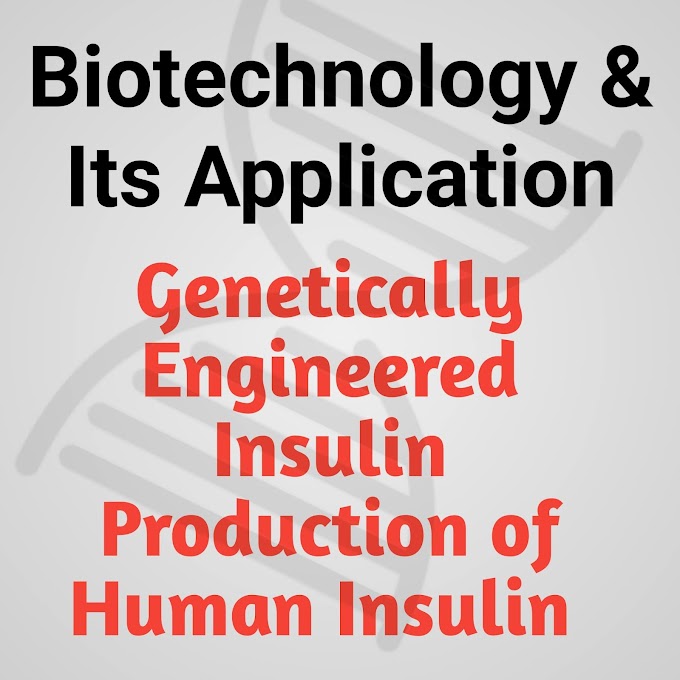👉 NEET Biology Concept Material
👉 NEET Biology Examination
👉 NEET Biology Tips
👉 NEET Biology Study Material
Advantage of Transgenic Plants
- Due to genetic modification, GM plants have been useful in many ways
- Pest Resistance Crops
- Growing GM crops can help to reduce the use of chemical pesticides, e.g. , Bt Cotton.
- Tolerance
- GM crops are more tolerant to abiotic stresses (cold, drought, salt, heat. etc.)
- Reduction in Post - harvest Losses
- They have helped to reduce post harvest losses, e.g. , Flavr Savr transgenic tomato.
- Prevention of Early Exhaustion of Fertility of Soil
- Increased efficiency of mineral usage by plants prevents early exhaustion of fertility of soil.
- Increasing Nutritional Value of Food
- GM plants enhance nutritional value of food, e.g. , golden rice is rich in vitamin A.
- Herbicide Resistance
- Herbicides (weed killers) do not harm the GM crops.
- Alternative Resources to Industries
- GM plants have been used to create alter native resources to industries in the form of starches, fuels and pharmaceuticals.
- Researchers are working to develop edible vaccines, edible antibodies and edible interferons.
- Disease Resistance
- Many viruses, bacteria and fungi cause plant diseases.
- Scien lists are working to create genetically engineered plants having resistance to these diseases.
- Phytoremediation
- Plants such as popular trees have been genetically engineered to clean up heavy metal pollution from contaminated soil.
- Environmental hazards
- These are as follows
- Unintended harm to other organisms
- A laboratory study was published in " Nature ' showing that pollen from Bt corn caused high mortality rates in monarch butterfly caterpillars.
- Monarch caterpillars consume milkweed plants, not corn, but the fear is that if pollen from Bt corn is blown by the wind on to milkweed plants in neighbouring fields, the caterpillars could eat the pollen and perish.
- Although the 'Nature' study was not conducted under natural field conditions, the results seemed to support this viewpoint
- Reduced effectiveness of pesticides
- Just as some populations of mosquitoes developed resistance to the now- banned pesticide DDT, many people are concerned that insects will become resistant to Bt or other crops that have been genetically modified to produce their own pesticides.
- Gene transfer to non - target species
- Another concern is that crop plants engineered for herbicide tolerance and weeds will cross - breed, resulting in the transfer of the herbicide resistance genes from the crops into the weeds.
- These " superweeds " would then be herbicide tolerant as well.
- Other introduced genes may cross over into non - modified crops planted next to GM crops.
- Human health risks
- GM food can lead the following health problems.
- Allergies
- The transgenic food may cause toxicity and or produce allergies.
- The enzyme produced by the antibiotic resistance gene can cause allergies, because it is a foreign protein.
- Effect on Bacteria of Alimentary canal
- The bacteria present in the human alimentary canal can take up the antibiotic resistance gene that is present in the GM food.
- These bacteria can become resistant to the concerned antibiotic and will be difficult to manage.
- Economic concerns
- Bringing a GM food to market is a lengthy and costly process , and of course agro - biotech companies wish to ensure a profitable return on their investment.
========================================






Please do not enter any spam link or word in the comment box